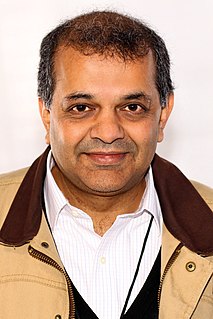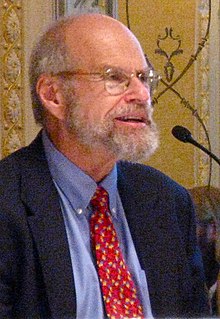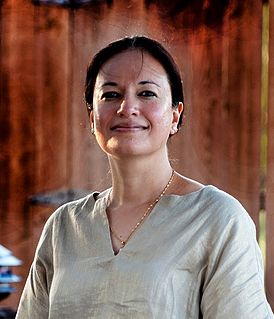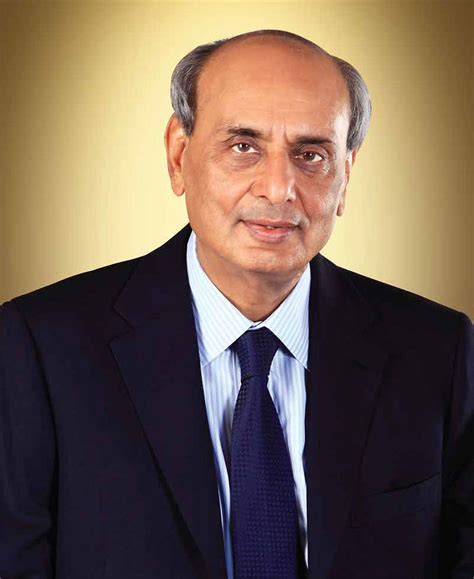A Quote by Pankaj Mishra
The British Empire passed quickly and with less humiliation than its French and Dutch counterparts, but decades later, the vicious politics of partition still seems to define India and Pakistan.
Related Quotes
You found an uncle on one side and a nephew on the other, a cousin here and a cousin there. Besides it's still true today. I'll tell you something else. There was a time when even two ambassadors to Switzerland, the one from India and the one from Pakistan, were two blood brothers. Oh, the Partition imposed on us by the British was so unnatural!
The real concern is that Iran would do what Pakistan did. Pakistan wanted nuclear weapons, like Iran, purely for defensive reasons - to defend itself against India. The problem was that once Pakistan acquired the weapons, it allowed the country to be more aggressive. So they stepped up their support for the Kashmiri terrorists, and it led very quickly to the Kargil crisis in 2000, which almost sparked a nuclear war between India and Pakistan.
I went to L.A., and I was on two different studio movies at Fox and Sony, but they were never made in the end. When the second one wasn't happening, I ended up doing an episode of 'Who Do You Think You Are?' for the BBC, and went on a roots trip from England to Kenya, India, and pre-partition India in Pakistan, where my family originally came from.
Both India and Pakistan have a long history of deploying rhetorical strategies to skirt the issue of plebiscite or complete secession of the former princely state of Jammu and Kashmir. When feeling particularly belligerent Pakistan cries itself hoarse declaring the legitimacy of plebiscite held under United Nations auspices in J & K; India responds just as aggressively by demanding the complete withdrawal of Pakistani troops from the territory of pre-partition J & K; or, in a moment of neighborly solicitude, for conversion of the LOC to a permanent International border.
If Aristotle, Livy, and Harrington knew what a republic was, the British constitution is much more like a republic than an empire. They define a republic to be a government of laws, and not of men. If this definition is just, the British constitution is nothing more or less than a republic, in which the king is first magistrate. This office being hereditary, and being possessed of such ample and splendid prerogatives, is no objection to the government's being a republic, as long as it is bound by fixed laws, which the people have a voice in making, and a right to defend.
One would have thought that if there was one cause in the world which the Conservative party would have hastened to defend, it would be the cause of the British Empire in India ... Our fight is hard. It will also be long ... But win or lose, we must do our duty. If the British people are to lose their Indian Empire, they shall do so with their eyes open.
Savagery was a word that Westerners used to, again, to consciously differentiate them from non-Westerners, to assert that superiority, that cultural superiority. It goes back to the British Empire, and again, you know, what was the purpose of the British Empire? To bring civilization to the savage no matter where they were, whether it was India or Asia or Australia or whatever. It's that civilizing mission that characterizes so much of the history of Western colonialism.
I would like to see the Punjab, North-West Frontier Province, Sind and Baluchistan amalgamated into a single State. Self-government within the British Empire, or without the British Empire, the formation of a consolidated North-West Indian Muslim State appears to me to be the final destiny of the Muslims, at least of North-West India.







































